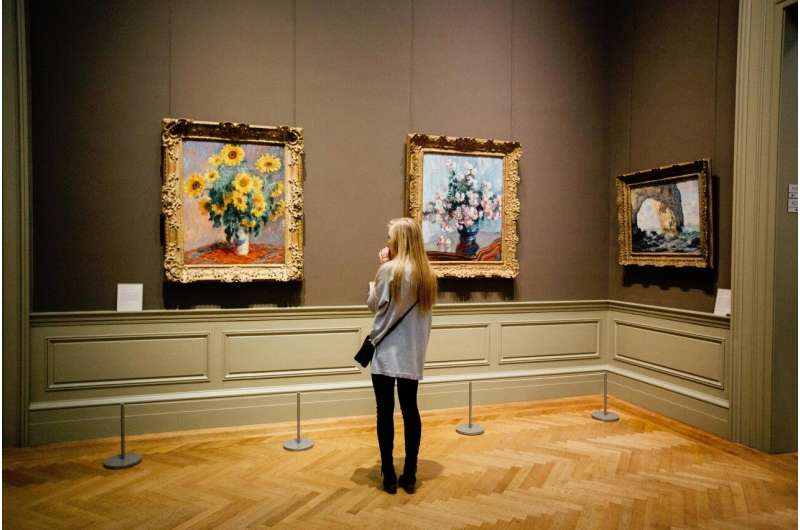
A comprehensive survey by a team from Croatia in the International Journal of Student Project Reporting, has looked at the intersection of art and artificial intelligence (AI). The team has focused on how AI technologies are employed in the classification and also the creation of artworks.
Andrej Šimić and Marina Bagić Babac of the Faculty of Electrical Engineering and Computing at the University of Zagreb have analyzed and categorized a number of research papers in this field to understand the methodologies, techniques, and outcomes in this emerging field.
They discuss the two main applications of AI in art: the automated analysis of existing artworks and the generation of new ones.
AI-based art classification involves using machine learning algorithms to categorize artworks by attributes such as genre, style, and artist. This automated classification improves the ability of art historians and collectors to identify and categorize artworks with greater accuracy and efficiency.
Techniques such as convolutional neural networks (CNNs) have been key in achieving high accuracy in these classification tasks, the team reports. CNNs can identify subtle patterns and features that might be challenging for human analysts to discern, providing deeper insights into the artistic attributes of different works.
In terms of art creation, the survey explores innovative AI-driven techniques such as style transfer, Generative Adversarial Networks (GANs), and text-to-image synthesis. Style transfer allows an image to be reinterpreted in the style of another, facilitating creative explorations and new artistic expressions.
GANs, the team explains, consist of two neural networks working together to generate realistic images. They enable the creation of "novel" artworks with intricate details and often a high degree of realism. Text-to-image synthesis offers a different approach where the AI generates images based on a prompt describing what the user would like to see. This can allow an almost seamless translation of ideas into the visual form.
The integration of AI in art has several implications. For art analysis, it democratizes access to art historical research and enhances the precision of art authentication and valuation. For art creation, AI provides artists with new tools and sources of inspiration, potentially expanding the scope of creativity.
The ability of AI to generate art also raises questions about authorship and originality, challenging traditional notions of creativity. Indeed, the issues of copyright, permissions and plagiarism are high on the agenda in this area and have not yet been settled to everyone's agreement.
More information: Andrej Šimić et al, Artificial intelligence in classifying and creating art: a survey, International Journal of Student Project Reporting (2024). DOI: 10.1504/IJSPR.2024.137964
Citation: Survey investigates AI technologies in the classification and creation of art (2024, May 21) retrieved 22 May 2024 from https://techxplore.com/news/2024-05-survey-ai-technologies-classification-creation.html
This document is subject to copyright. Apart from any fair dealing for the purpose of private study or research, no part may be reproduced without the written permission. The content is provided for information purposes only.
